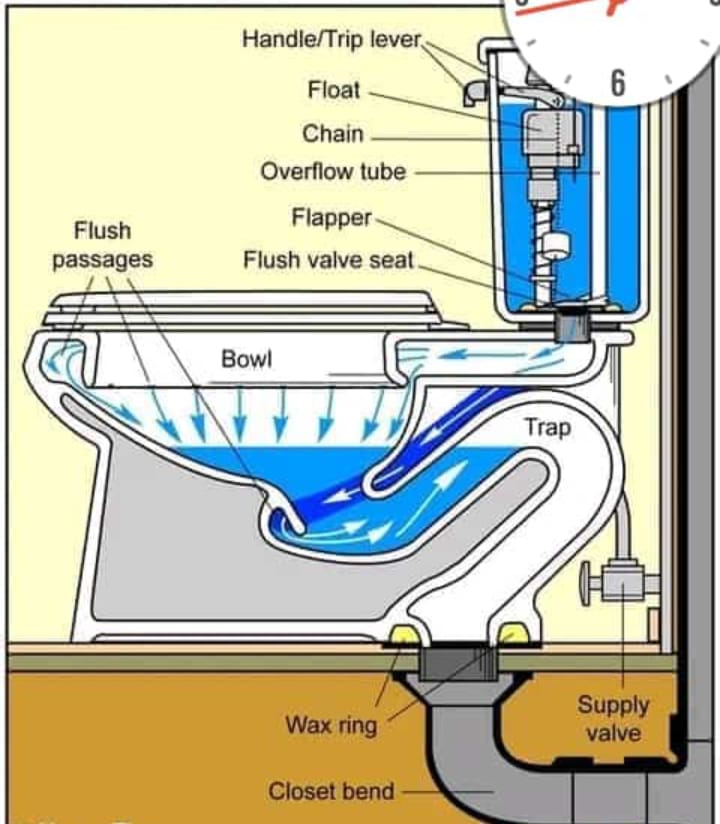- Teacher: zedrick ronoh
kibetzed.gnomio.com
-
Welcome to your new Gnomio site
Now, you are in control!
Moodle is an open-source Learning Management System (LMS) that provides educators with the tools and features to create and manage online courses. It allows educators to organize course materials, create quizzes and assignments, host discussion forums, and track student progress. Moodle is highly flexible and can be customized to meet the specific needs of different institutions and learning environments.
Moodle supports both synchronous and asynchronous learning environments, enabling educators to host live webinars, video conferences, and chat sessions, as well as providing a variety of tools that support self-paced learning, including videos, interactive quizzes, and discussion forums. The platform also integrates with other tools and systems, such as Google Apps and plagiarism detection software, to provide a seamless learning experience.
Moodle is widely used in educational institutions, including universities, K-12 schools, and corporate training programs. It is well-suited to online and blended learning environments and distance education programs. Additionally, Moodle's accessibility features make it a popular choice for learners with disabilities, ensuring that courses are inclusive and accessible to all learners.
The Moodle community is an active group of users, developers, and educators who contribute to the platform's development and improvement. The community provides support, resources, and documentation for users, as well as a forum for sharing ideas and best practices. Moodle releases regular updates and improvements, ensuring that the platform remains up-to-date with the latest technologies and best practices.
Links of interest:
(You can edit or remove this text)
Available courses

Plumbing is a skilled trade involving the installation, repair, and maintenance of systems that carry water, gas, and waste. It's essential in residential, commercial, and industrial buildings for maintaining hygiene, sanitation, and efficient water usage. Key areas of plumbing include:
-
Pipe Installation and Repair: This covers installing pipes for water supply and drainage, as well as fixing leaks and breaks. Plumbers work with various materials like PVC, copper, and PEX, depending on the application.
-
Fixture Installation: Plumbers install and repair fixtures like sinks, toilets, bathtubs, and faucets. Knowledge of fixture specifications and installation requirements is essential.
-
Drainage Systems: Plumbers ensure that waste and water are efficiently removed from buildings through drainage systems, which include pipes, drains, and vents.
-
Water Heater Installation and Maintenance: Plumbers are trained to install and repair water heaters, including electric, gas, and tankless systems.
-
Gas Plumbing: In addition to water systems, plumbers may work with gas piping, ensuring safe installation and maintenance of gas lines used for heating and cooking.
-
Blueprint Reading: Plumbers often work from blueprints to install systems that align with building layouts. This includes understanding specifications, codes, and regulations.
-
Troubleshooting and Diagnostics: Skilled plumbers use various techniques to diagnose issues such as leaks, blockages, and pressure problems, often using advanced tools like video inspection equipment.
-
Building Codes and Regulations: Plumbing work must comply with local, state, and federal codes to ensure safety and functionality. Plumbers need a strong knowledge of these regulations to pass inspections.
- Teacher: zedrick ronoh
- Teacher: zedrick ronoh